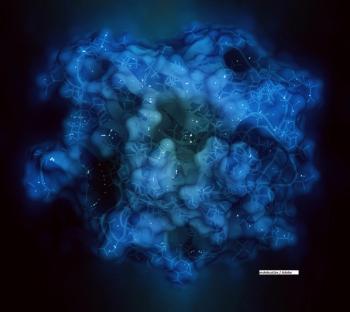
This trial looked at the efficacy of nivolumab in a cohort of patients who were evaluated for KRAS mutations to test whether mutation status had an effect on outcomes.

Your AI-Trained Oncology Knowledge Connection!


This trial looked at the efficacy of nivolumab in a cohort of patients who were evaluated for KRAS mutations to test whether mutation status had an effect on outcomes.

The ABOUND.2L+ trial tested the combination of nab-paclitaxel and CC-486 vs single-agent nab-paclitaxel in patients with advanced NSCLC.

A screening study that began more than 30 years ago looked at ultrasound screening for at-risk women for ovarian cancer and its effects on disease-specific survival.
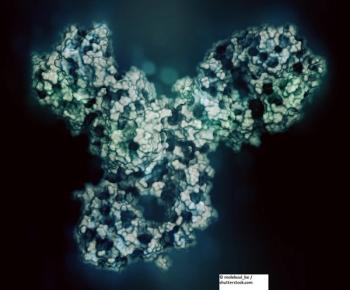
The PURE-01 study showed that neoadjuvant pembrolizumab before surgery could downstage disease in muscle-invasive bladder cancer patients.

A pooled analysis of two randomized trials found that neoadjuvant chemotherapy and upfront debulking surgery yield similar outcomes in patients with advanced tubo-ovarian cancer, except in some settings.
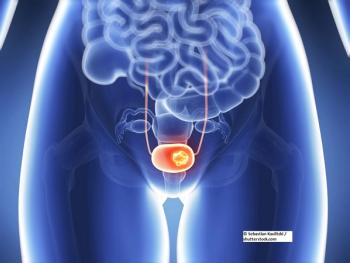
Extended follow-up from the CheckMate 032 trial showed strong results with three different immunotherapy regimens involving nivolumab and ipilimumab in patients with previously treated metastatic urothelial carcinoma.

Lenvatinib offers the highest published response rate to a targeted agent for patients with advanced neuroendocrine tumors, but the agent’s precise role in this setting remains in question.
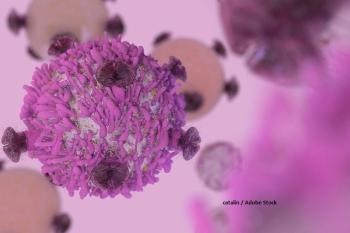
In general, NETs are considered an “immunological desert,” but a new study showed some promise for immunotherapy.

Many lung cancer patients may be unaware of the potential benefits of exercise.

Previous research showed that gefitinib can improve DFS in certain NSCLC patients, raising the possibility that EGFR-targeted TKIs could be beneficial in the neoadjuvant setting.

The combo showed improvement in disease-free survival over tamoxifen in premenopausal patients with hormone receptor (HR)-positive early breast cancer.

Researchers compared the cost effectiveness of two durations of trastuzumab in HER2+ breast cancer patients.

The SOLAR-1 trial tested whether the PI3K inhibitor alpelisib improved outcomes in HR+, HER2− breast cancer patients.
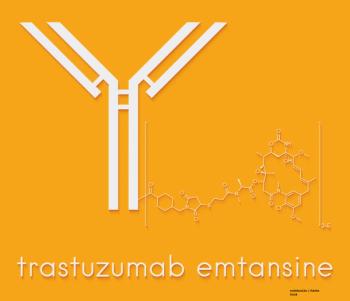
A subgroup analysis of Short-HER looked at the differences in 5-year DFS rates for 9 weeks vs 1 year of trastuzumab for HER2+ breast cancer patients.
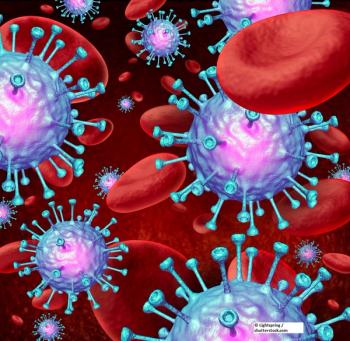
Researchers tested whether combining chemotherapy with immunotherapy would offer improved survival for patients with triple-negative breast cancer.

In this study, researchers evaluated changes in CVD risk factors and 10-year CVD risk from before to after a breast cancer diagnosis, and compared it with women who remained free of such a diagnosis.

Researchers tested whether immunotherapy could be safely used in HIV-positive patients with cancer.
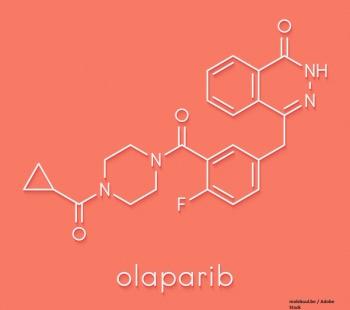
Researchers tested whether 2 years of maintenance therapy with olaparib would improve outcomes in advanced ovarian cancer patients.

While becoming pregnant is generally possible for younger breast cancer patients, researchers believe many women change their minds after treatment.

In premenopausal patients with early breast cancer, approximately one-sixth are not adequately adherent to adjuvant endocrine therapy.

Regular users of low-dose aspirin appear to have a reduced risk of developing ovarian cancer, according to a new study.

Treatment for prostate cancer with external beam radiotherapy was found to be associated with an increased risk for development of bladder cancer when compared with radical prostatectomy.

Avelumab did not improve overall survival compared with docetaxel in patients with PD-L1–positive non–small-cell lung cancer.

A retrospective analysis found that surgical resection and radiotherapy are linked to superior outcomes in patients with thymic neuroendocrine tumors.

Measures of frailty and comorbidity failed to offer predictive information regarding complications in patients with bladder cancer undergoing radical cystectomy.

Radioguided surgery using gallium 68 dota peptides offers a highly sensitive method for detecting neuroendocrine tumors.

In a first-of-its-kind study, researchers analyzed how Twitter users talk about breast cancer on the social media platform.

A study shows NSCLC patients who undergo minimally invasive procedures are less likely to use opioids long-term.

A novel cancer vaccine targeting HER2-positive malignancies has progressed quickly from mouse trials into early-phase human trials, with promising results.

Different cytotoxic chemotherapy regimens are associated with varying rates of hospitalization following their use in older women with stage IV breast cancer.